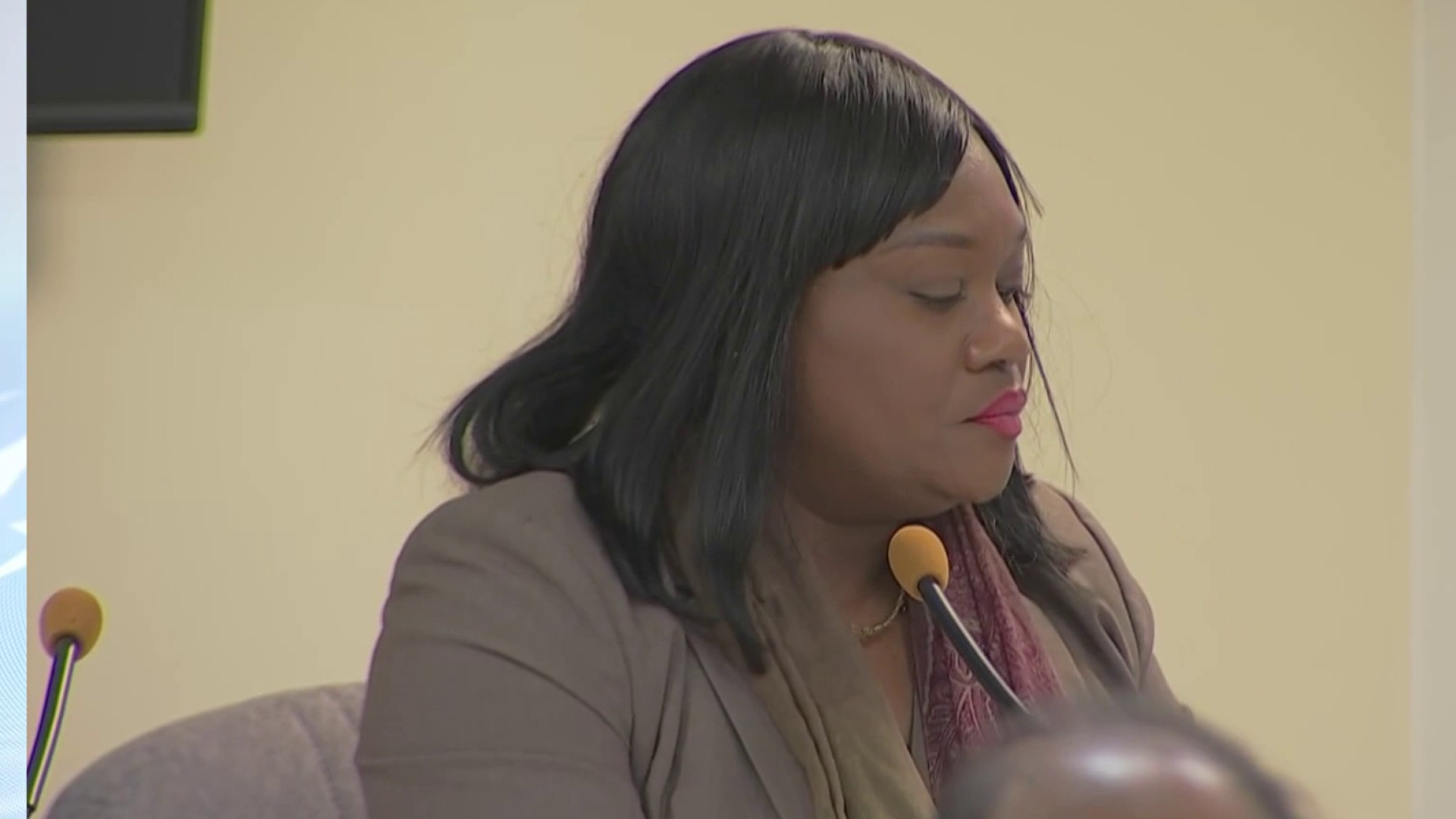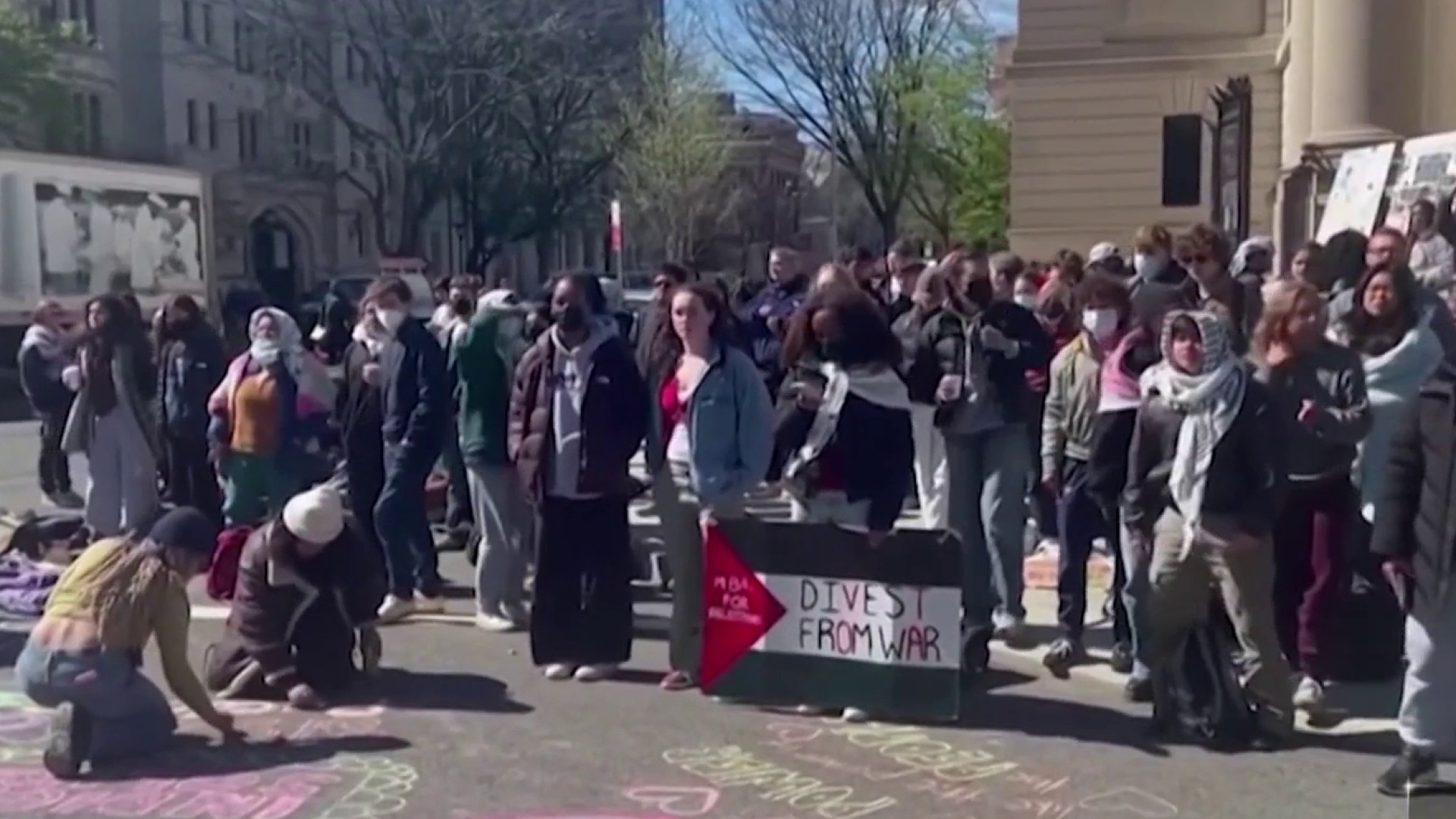At least 18 public school teachers who never stepped foot in a classroom last year made more than $1.7 million from the School District of Philadelphia.
Those teachers worked full-time for the Philadelphia Federation of Teachers, the local teachers union, but continued to draw a public salary, health benefits and accrued seniority and a pension.
The Fairness Center, a free legal service that represents employees against unions, filed a lawsuit earlier this year on behalf of Americans for Fair Treatment in an effort to bust the practice of placing employees on release time to do union work on grounds they’re paid public money for private work.
“No other school district in Pennsylvania comes close to Philadelphia in size, scope and lack of oversight,” Fairness Center Assistant General Counsel Nate Bohlander said in an email to Watchdog.
“Pittsburgh’s ghost teachers come the closest, making up to $1.02 million annually,” he said. “Importantly, Pittsburgh’s teachers’ contract requires reimbursement; Philadelphia’s does not.”
The practice of release time is written into the teachers’ contract with the school district, allowing for up to 63 Philly teachers to leave their classrooms to work for the union. In many cases, teachers are reassigned as information officers for the union.
One former teacher, PFT Vice President Arlene Kempin, has been on release time since 1983.
Local
Breaking news and the stories that matter to your neighborhood.
Last year, she made $108,000 to work in the PFT’s rent-free office at district headquarters, where Kempin manages human resources requests for members. She was among the eight highest-paid “ghost teachers” who have left the classroom to go work for the union, according to documents obtained by Watchdog.
“Schools should be paying for education, not for union work,” Bohlander said.
Pedro Rivera, who was up for confirmation this week as Pennsylvania Education Secretary, is a graduate of the ghost teacher program. Rivera, a former city teacher, worked for the union from 1999-2000 before he was principal at Sheridan Elementary and then Kensington High School.
“Governor (Tom) Wolf is confident in (his) ability to lead the Pennsylvania Department of Education,” Wolf spokesman Jeff Sheridan said.
Because of Philadelphia’s “last in, first out” policy that protects senior teachers from personnel cuts, the Fairness Center argues that ghost teachers who accrue seniority even while not actively teaching makes younger, and possibly more effective educators, vulnerable to layoffs.
Protecting teachers from seniority-based layoff decisions is also the subject of two bills in play in Harrisburg.
Using ghost teachers for union tasks is not exclusive to Philadelphia or to teachers unions. But the Fairness Center said the system is unchecked in Philly. While some smaller districts, such as Scranton and Allentown, allow only a few teachers to work for the union each year, as many as 63 Philly teachers are eligible to leave the classroom.
Some districts don’t pay their ghost teachers for doing union work and cap their release time, but Philadelphia teachers work for the union for decades and continue to enjoy the benefits of their public employment packages.
Jerry Jordan, president of the PFT, has been on release time from teaching duties for more than 30 years, and half of the 18 ghost teachers working for the union last year had been on extended leave since at least 2008, with most earning north of $100,000 each year.
Since 2003, the Fairness Center estimates PFT ghost teachers have earned a total of $36 million in salary, and union spokesman George Jackson claims it has reimbursed the district, though it’s not required in the language of the teachers’ contract. District spokesman Fernando Gallard has said the SDP does not comment on ongoing legal matters and did not respond to recent inquires about the suit.
The Fairness Center has also targeted the pensions ghost teachers are allowed to continue to build long after they leave the classroom. While the union reimburses the district for teachers’ pensions, the lawsuit charges the state’s costs are allowed to go unreimbursed.
“Philadelphia’s ghost teachers cost the state around $1 million in pension payments since 2003,” Bohlander said, though the Pennsylvania Public School Employees’ Retirement System could not confirm a financing gap connected to ghost teachers.
The lawsuit is ongoing.
“Both the PFT and SDP have requested extensions to file their answers to our complaint,” Bohlander said. “We expect their answers by early May.”



